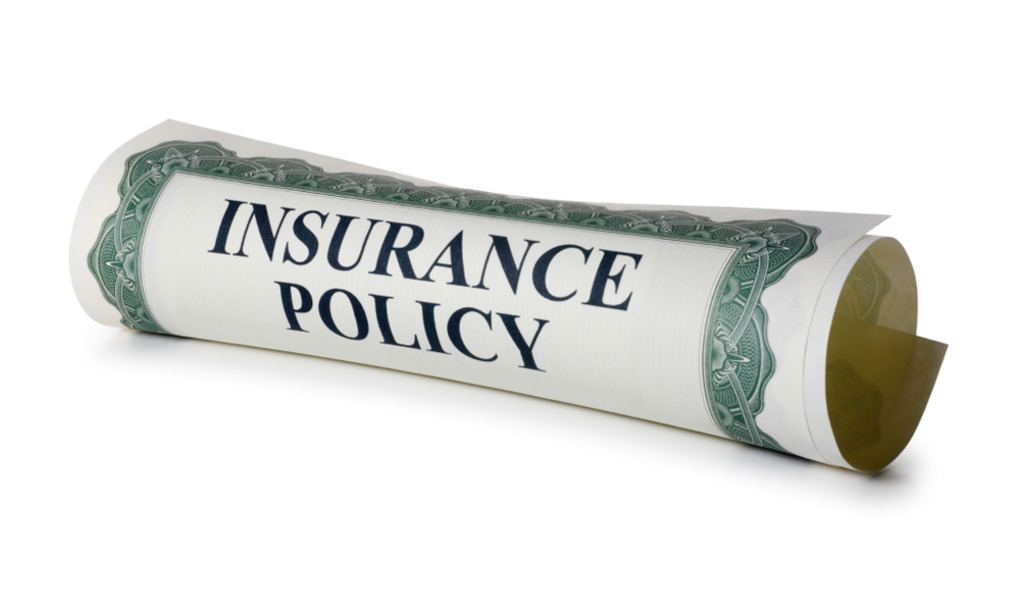Statistics show that most people in the United States have a self-storage unit, whether they are a homeowner or not. With that in mind, there are a lot of ramifications to having a unit, and when deciding to go that route, knowing how much insurance you have to cover your items is important.
Self-storage facilities may require you to purchase an insurance policy, but what exactly does that cover? You may not have enough insurance to cover all of your items, especially if they are valuable, and knowing what you have and how much you need can make a huge difference in the event something happens and you have to exercise that policy.
So, what is generally covered in a standard insurance policy?
Most self-storage policies that are offered to tenants cover up to $10,000 of your belongings and include fire, theft and water damage. This includes standard units such as climate-controlled and outdoor drive-up. There is usually no deductible involved. This is a standard simple policy, and if you have items that are more valuable, you should seek additional coverage.
If you are a homeowner or have a renter’s insurance policy, you may also be covered for your items. It’s good to know whether or not your policy has this provision. If you do, the self-storage tenant insurance will either operate as a supplement, or you may be able to eliminate their policy altogether.
One thing not covered is insurance for a vehicle storage unit. That would include cars, boats, motorcycles, and anything classified as a vehicle. Prior to getting into the facility, you have to provide proof of insurance so that the facility will not be held liable. It’s important to know that your vehicle will be insured in the event anything happens.
Businesses need to be aware of their coverage as well. It would be best to see if your business liability insurance covers off-site property, which it should. Knowing that you will be covered in the event sensitive documents or equipment is damaged will make things a lot easier. Because business items are generally more expensive, an additional supplemental insurance policy may work well for you.
Some other things to think about – do you have in-transit insurance? This means your items are insured on the way to the facility and when removing certain items. If your possessions hold a high value, any supplemental insurance policies and coverage should definitely be in consideration. Taking the time to do an inventory and calculation of the value of your items is key in knowing whether or not you have ample insurance coverage. It’s always better to be safe than sorry.
Protecting your investments wherever they are stored is important. When securing a unit, make sure you get one that will cover all your needs, in size and use. Making sure you get your money’s worth will give you peace of mind when paying extra for insurance. Check your outstanding policies today!


